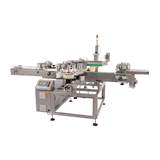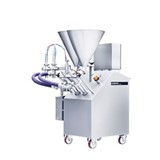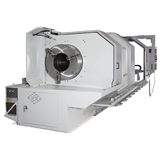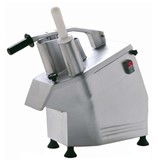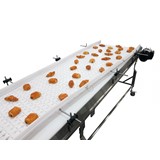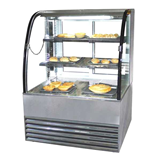"Australia's farmers and food manufacturers are under pressure. Everyone wants to support our farmers and workers by buying local products, but our current labelling is too confusing," Milne said.
"Currently it's simply not clear where everything comes from and there is potential for misleading and manipulative packaging.
Milne said she hoped to receive support from political parties and the public for the potential move.
"This should be a no-brainer. It's so straightforward and is something the entire nation and parliament can get behind," she said.
Features of the bill include:
- 'Product of' or 'grown in' labels will be used to describe food that has been wholly grown and processed in one country.
- 'Manufactured in' statements will replace 'made in' for food that has been substantially transformed in a particular country. The term 'made in' will no longer be used as many consumers think 'made in' refers to where the ingredients were grown.
- 'Packaged in' will be used for food that has been substantially processed but can't claim to have ingredients significantly processed in one particular country. Companies will still have the option of highlighting the source of significant ingredients if they wish.
- Companies will be encouraged to highlight significant local ingredients to help consumers choose local products e.g. 'Chocolate manufactured in Australia with Australian milk'.
- Confusing terms such as 'made from local and imported ingredients' will no longer be permitted.
'Food processing', 'food manufacturing' clearly defined
Milne said the bill would also clarify which kinds of food processing don't qualify as manufacturing. She said this was important because manufacturing involves significant investment in local equipment and jobs, which is what consumers want to reward by purchasing Australian made and manufactured products.


